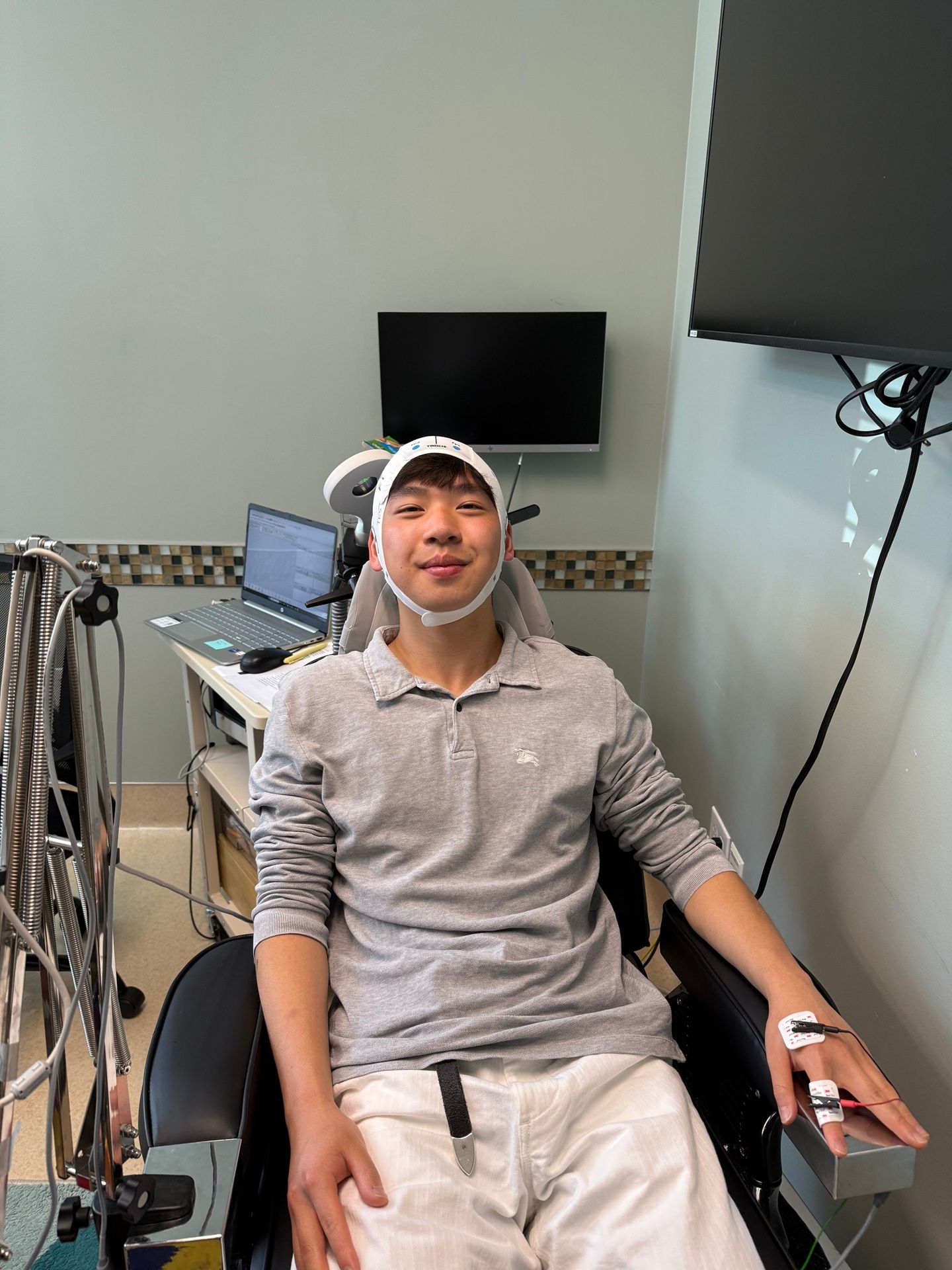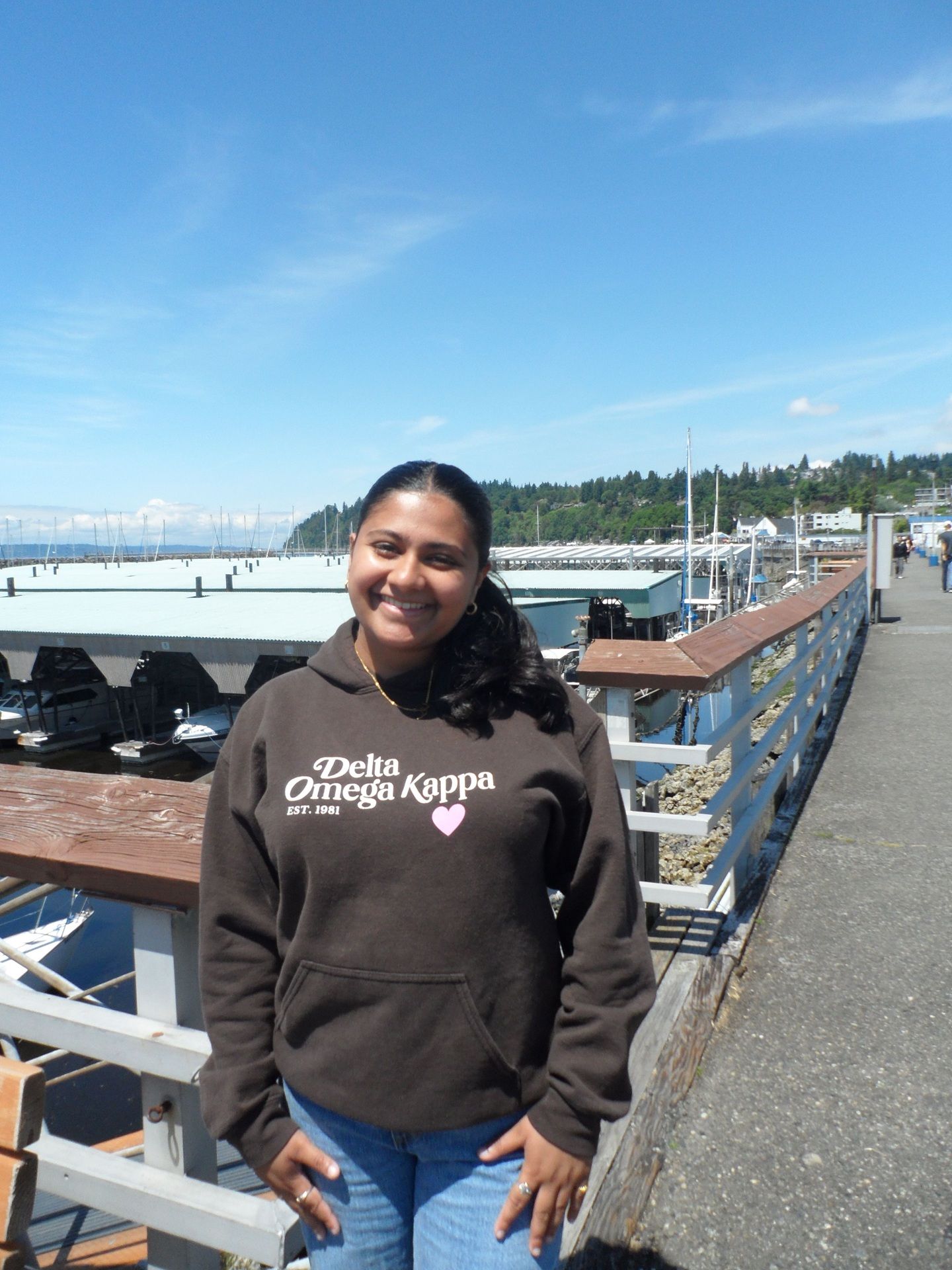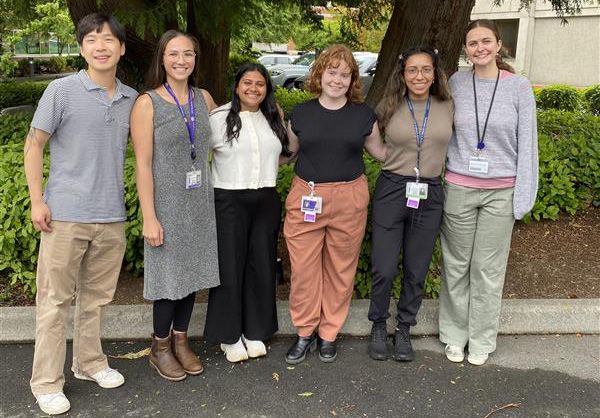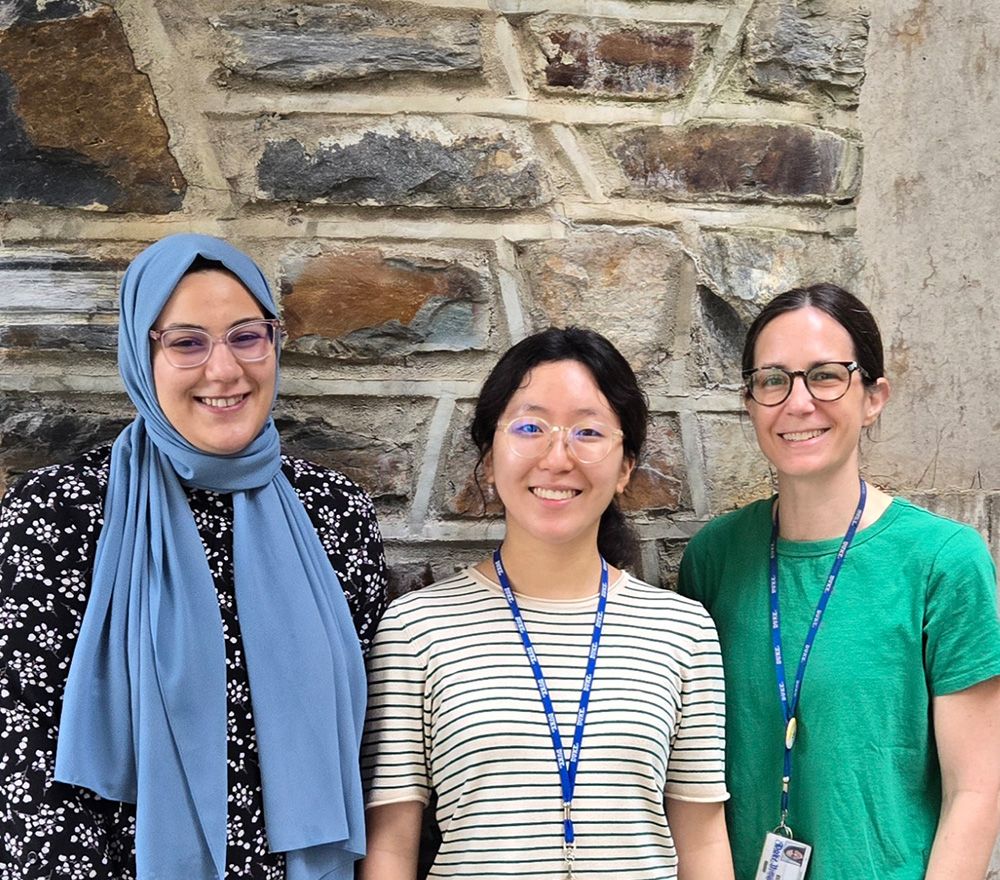For the undergraduate researchers, the bulk of the summer program took place in a lab. While many of these students had worked in a lab before, this intensive experience was more like what they would find in graduate school. Kody Bruce, a rising senior at Loyola University in Chicago who was placed at Duke University this summer, says he’s usually in the lab only 3 or 4 times a week during his undergraduate studies. “You do one or two experiments, you get your data and then you leave. You're not really sitting in lab, doing the reading, doing the thinking. This summer is like a normal 9-to-5 job. It’s different every week.” Bruce spent the summer working with his mentor, Mari Shinohara, PhD, studying how lung inflammation could affect brain inflammation. Paired with a graduate student, he joined discussions and analyzed brain cells. Shinohara says this type of experience is important for undergraduate students, as it helps them decide if they are truly interested in a research career. “It’s different just hearing what it would be like versus actually going into the lab, grabbing pipettes and physically doing all the analysis,” she says.Saskia Hemmers, PhD, who mentored Ryu at Duke this summer, adds that the lab experience can also help students’ confidence grow, as they navigate being the youngest and newest person in the room. “They get to see that we’re all normal people, and they can talk to us,” say says. “I think it’s just bringing down their perceived barriers and lowering the entry barriers for whatever their future career might look like.”While some students, like Bruce and Ryu, completed analysis and experiments in a “wet lab” (a lab running experiments with chemicals and biologic materials), other students did clinical research, working directly with people who live with MS. Jeremy Luo, a rising junior at Vanderbilt University, spent the summer completing clinical research at the University of Washington. During the program, he tested how transcutaneous electrical stimulation can affect motor function. Much of his college coursework had been done in a wet lab, so he valued the opportunity to try something new. “Everybody I'm surrounded by is so accomplished, so intelligent and understands the goals and reasons behind what we’re doing,” he says. “It’s been really eye-opening to see the collaboration and how we can figure out the progression of a lot of different research projects all at the same time.”Throughout the 10 weeks, the students submitted weekly research updates to the Society. Then, in the program’s final week, every student presented their work from the summer to the entire cohort and the Society’s research team.










